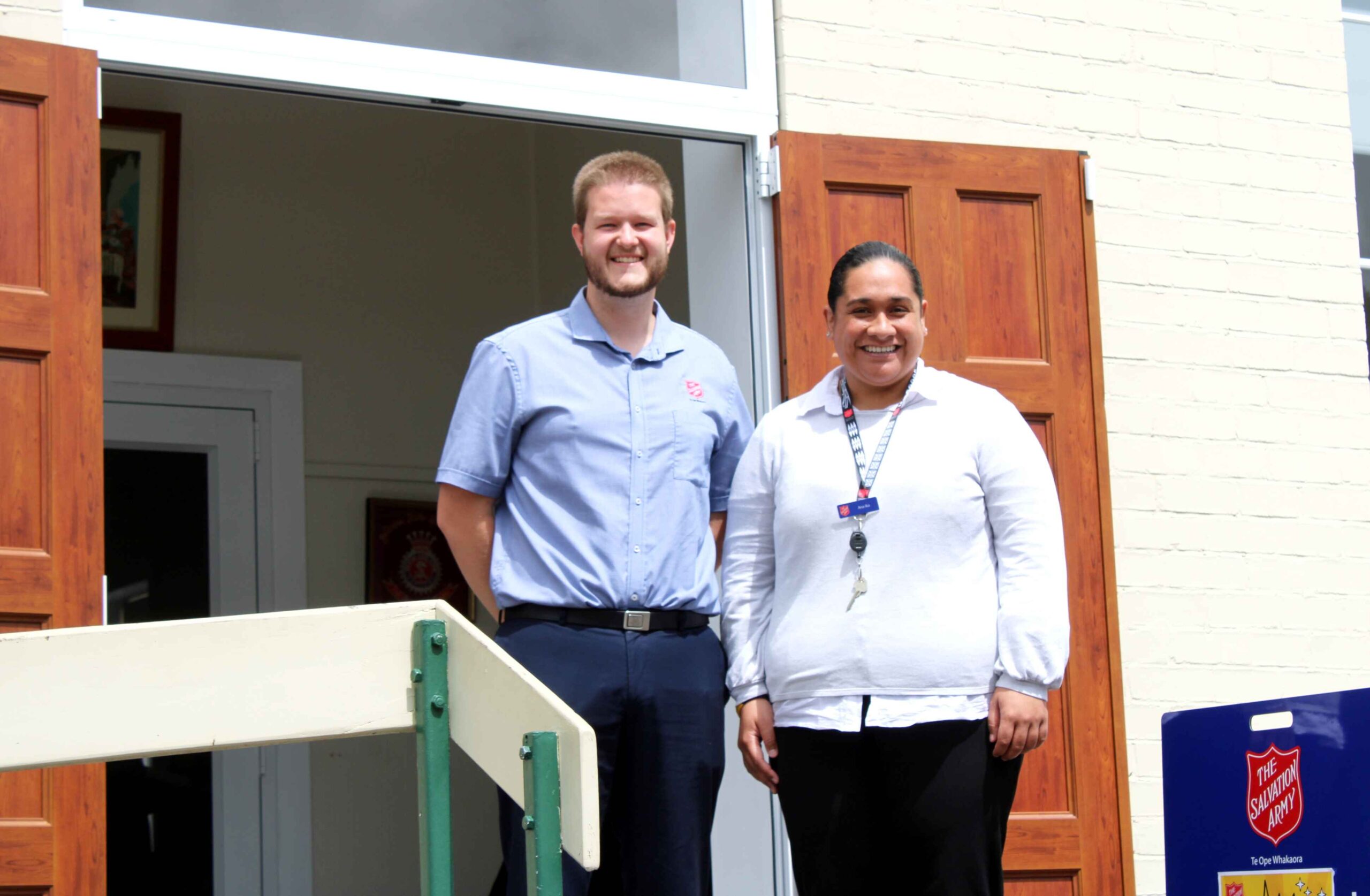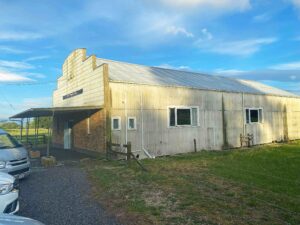If the people of Thames were elected Prime Minister, the improvements to their town would come in the form of stricter laws, an increased police presence, tackling homelessness, and addressing the cost-of-living crisis.
The aspirations come off the back of a Salvation Army ‘State of our Community’ report – which, at times, could make for “doom and gloom” reading.
It highlighted struggles such as the lack of housing in Thames (a deficit of 2537 dwellings); the increasing amount of criminal activity (an almost 50 per cent rise since 2019); and the shortage of employment opportunities and activities for youth.
But Salvation Army social policy analyst Ana Ika, who was in Thames last week to present the report, said it was “really important” to remain aspirational, and to not be “pessimistic” about the town’s challenges.
For the report, 111 respondents, plus three community leaders, gave their feedback on questions such as: ‘What do you like about your local community?’, ‘What are some of the challenges your community faces?’, and ‘In five years’ time, what changes would you like to see in your community?’.
The questions were supported by public data obtained by the social policy unit, and among the most telling was the correlation between people’s desire for the construction of more affordable homes, and the number of consent applications lodged for new builds.
The report said that: “according to the 2018 census, the occupancy rate is 1.2 people per dwelling in Thames, which is significantly lower than the national average of 2.6.
“Regardless of which occupancy rate is applied, there remains a substantial shortfall in the number of dwellings required to meet the needs of the population.
“If we use the local occupancy rate of 1.2, there’s a deficit of 2537 dwellings, and if we use
the national rate of 2.6, it’s still a shortfall of 468 dwellings. There aren’t enough homes in Thames to meet the needs of the local population.”
Ana said between 1996 and 2009, there were 400 consent applications lodged in Thames, but since 2010, there had only been 104 consents lodged.
“In comparison to other areas of the country, when we’re looking at these graphs, there’s often an increase in consents to build houses, but there’s a shift – so, we’re not building houses, we’re building townhouses, whereas in Thames, we’re not building at all according to these numbers.”
Also discussed was the increase in crime.
Fifty-four per cent of respondents said they would be determined to reduce crime if elected Prime Minister – and their desires were again backed up by public data.
According to the report, in July, 2023, Thames had a crime rate of around 100 incidents per 10,000 people, representing a significant 45.7 per cent increase since 2019.
Theft from retail premises, burglary, motor vehicle thefts, and assault were among the highest reported criminal incidents. Meth use in the Waikato region had also increased by 88.5 per cent since 2020.
Ana said while a lot of the numbers could be “depressing and dark”, it was important to be reminded that the community was optimistic about the future of Thames.
Ultimately, the report found that people were the glue of the town.
“Overall, the community is aspirational for Thames in the future,” Ana said. “It’s shooting for the moon and you’ll end up in the stars.”
DETAILS: To read the full report, visit: www.salvationarmy.org.nz/article/state-our-communities-report-2023
BY KELLEY TANTAU





